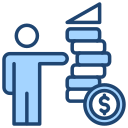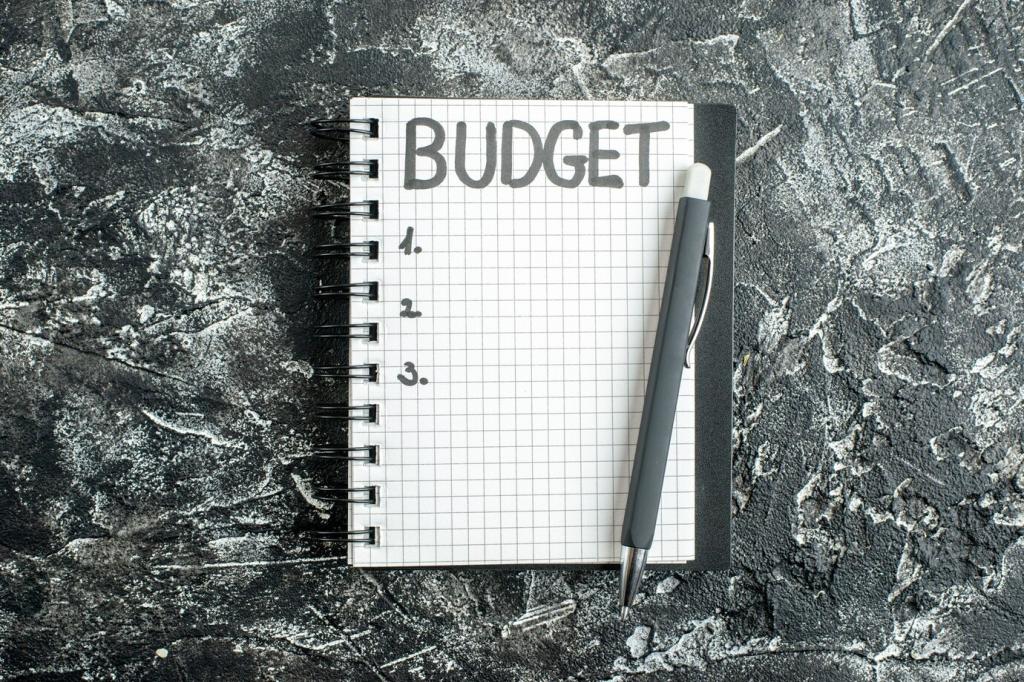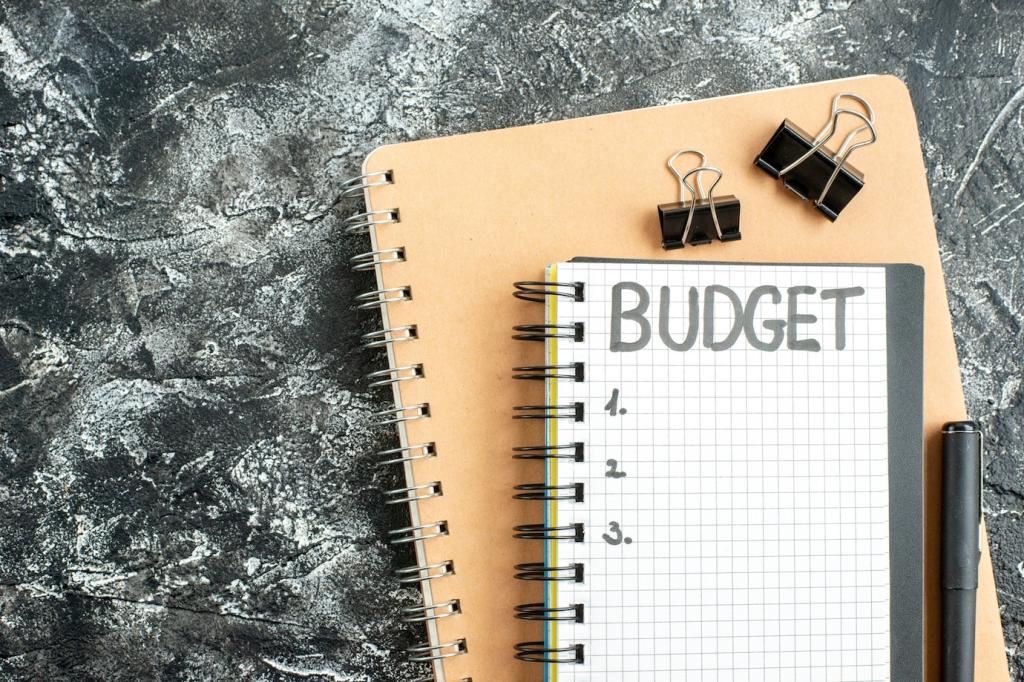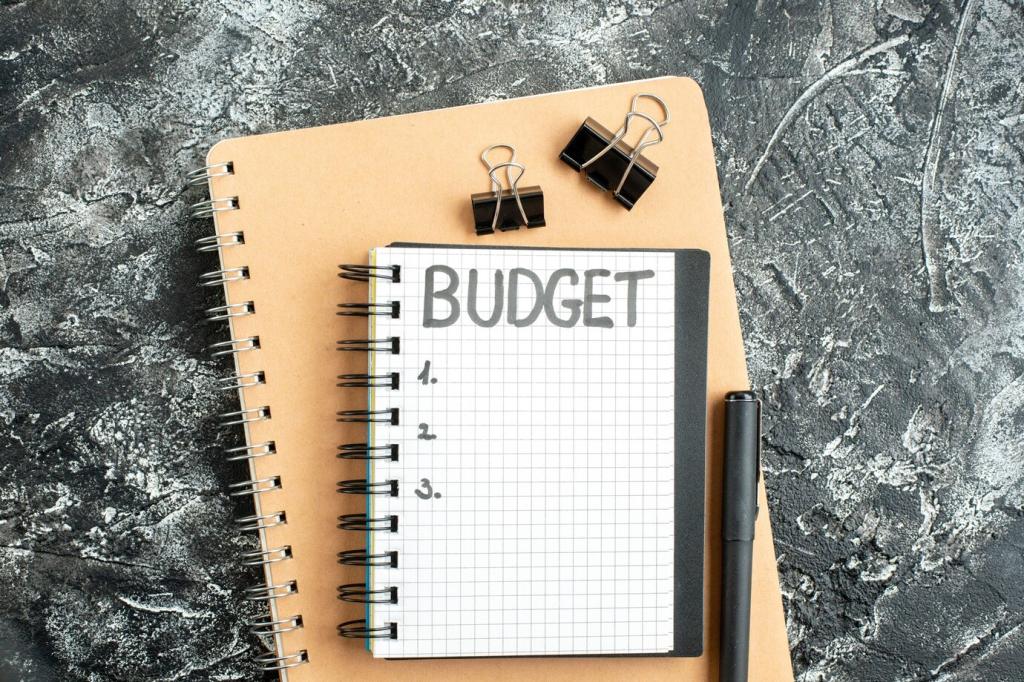Taming Debt with Confidence
Snowball pays the smallest balance first for quick wins; avalanche targets the highest interest rate to minimize costs. Pick the approach that keeps you motivated and commit to automatic extra payments.
Taming Debt with Confidence
Call lenders to request lower interest rates, fee waivers, or hardship plans. Prepare a short script, be polite, and note outcomes. Even a one percent reduction can save meaningful money over time.













